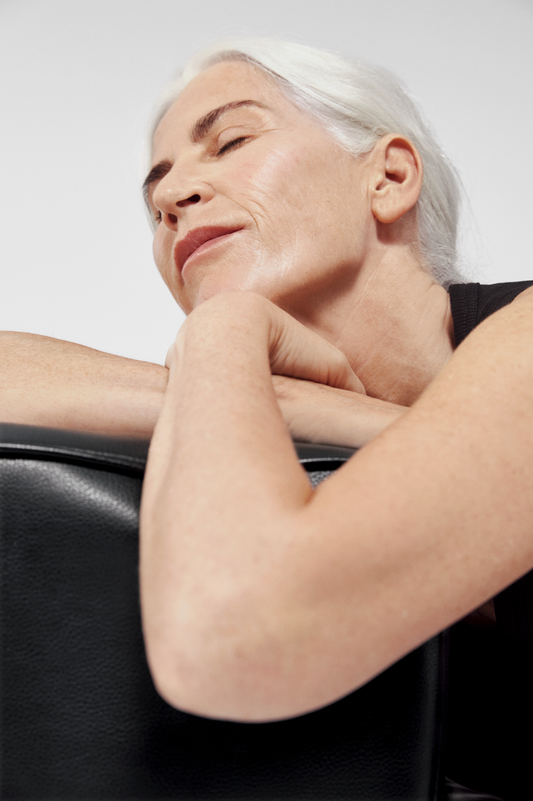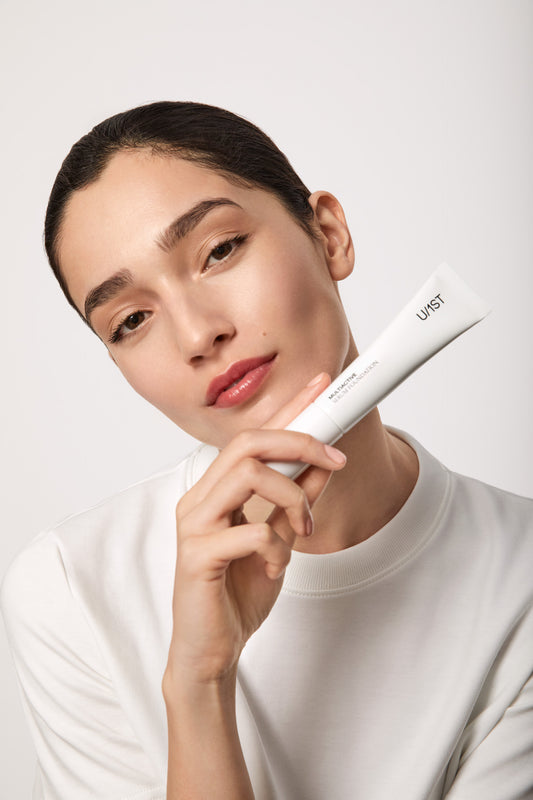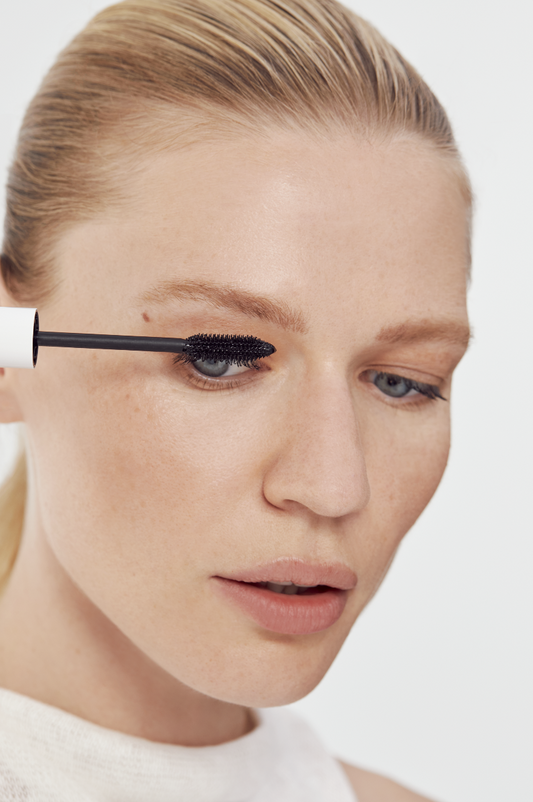| The current pace of life, the ageing of the population and even the confinement during the pandemic are some of the main reasons why sleep is getting worse in Spain. But, as you know, a good night's sleep, or quality sleep, has numerous health benefits. From improving your memory, controlling your appetite, preventing possible future illnesses and - why not? - improving the appearance of your skin. |
Why do you need a good night's sleep? The importance of sleep on your healthFor Isabel de Quiqueran, Adult Sleep Consultant, "quality sleep is the most accessible and economical antidote we have at our disposal to improve our physical, mental and emotional health". However, according to the Spanish Society of Neurology (SEN), more than four million Spaniards (adults) suffer from chronic insomnia. |
 |
8 benefits of getting a good night's sleep (to name but a few)
In short, as Isabel de Quiqueran states: "to sleep well is to heal". What happens when we sleep?For the founder of Sleepability, "a good night's sleep is the best 'tune-up' we can have". When you lie down and close your eyes, the sleep cycle helps regenerate your organism, functioning as "the nocturnal cleaning service for our body," she adds. This is when your brain works to repair the damage caused during the day:
|
Find out how sleep affects the health of your skinAs Dr Maite Truchuelo states in this article, "Sleeping well is essential for our skin, as it is during the hours of sleep that regenerative mechanisms are set in motion, which directly influence the regeneration of skin cells". |
Concrete benefits of sleep for the skinIt's clear. Rest is not only reflected in your body but also in your skin. No beauty routine compares to a good night's sleep:
|
MULTIACTIVE SERUM CLEANSERIt's clear that getting a good night's sleep has numerous benefits, but there is another essential step to improving your skin, a very simple gesture that you should include in your routine (if you haven't already). Yes, we're talking about facial cleansing. Going to bed without cleansing your face means sleeping with traces of make-up, oils, or sunscreen, clogging pores and causing acne, preventing oxygenation or even cell repair. Have we convinced you yet? Discover this make-up remover balm with squalane, vitamin E, and glycerine, which leaves your face clean and soft. Its delicate fragrance eliminates the feeling of tightness in the skin. |
 |
What really is "quality sleep"?"When we talk about quality sleep, we are not only talking about the rest itself but also about how we got there," says the sleep coach. Although it may seem contradictory, sleep is not just about the night but also depends on "what we do when we are awake", a phase known as "wakefulness". What does this really mean? That in order to sleep well, "we have to maintain a healthy daytime life in every way", both physically and mentally, says the expert. An optimal lifestyle is the ideal complement to "an uninterrupted rest of between 6 and 8 hours of sleep, according to our circadian rhythm," says Isabel de Quiqueran. This biological clock must be respected, and a good night-time routine helps regulate rest. |
 |
MULTIACTIVE BRIGHTENING CONCEALERBut if you haven't slept well and want to conceal (or improve) your dark circles, you can always turn to your trusty concealer. If you choose a product that, besides pigment, has other active ingredients - such as caffeine, vitamin C or hyaluronic acid - you'll cover dark circles and achieve a more awake and luminous look. According to a makeup artist, you should apply only a small amount and blend with your fingertips. Its coverage is buildable, so you decide how many layers to apply. |
Healthy routines and habits to sleep better"I wish we had been more educated about the importance of good sleep and how it affects all areas of our lives," says the sleep coach. If you want to sleep better, the keyword is routine. Not just at night but also during the day. "Sleep hygiene won't work if we don't improve our days first. We can't pretend we're going through life at full speed and then slam on the brakes before we go to sleep - we're bound to crash," she concludes. However, contrary to popular belief, the word 'routine' does not mean doing something boring and repetitive. "Let's think about actions that come naturally to us, that our body asks us to do because we're used to them," says Isabel. But above all, if you want to improve your sleep hygiene, the expert advises you to “go back to basics”. Don't disrupt our circadian clock - get up at dawn and stop activities at dusk - expose yourself much less to artificial light and more to sunlight." Reduce the use of mobile phones and other screens. These are some small gestures that will contribute to better rest, better health, and more radiant skin. A good night's sleep has always been the ultimate beauty secret. |




